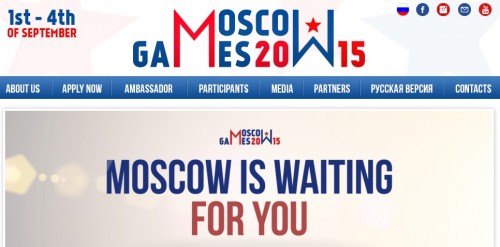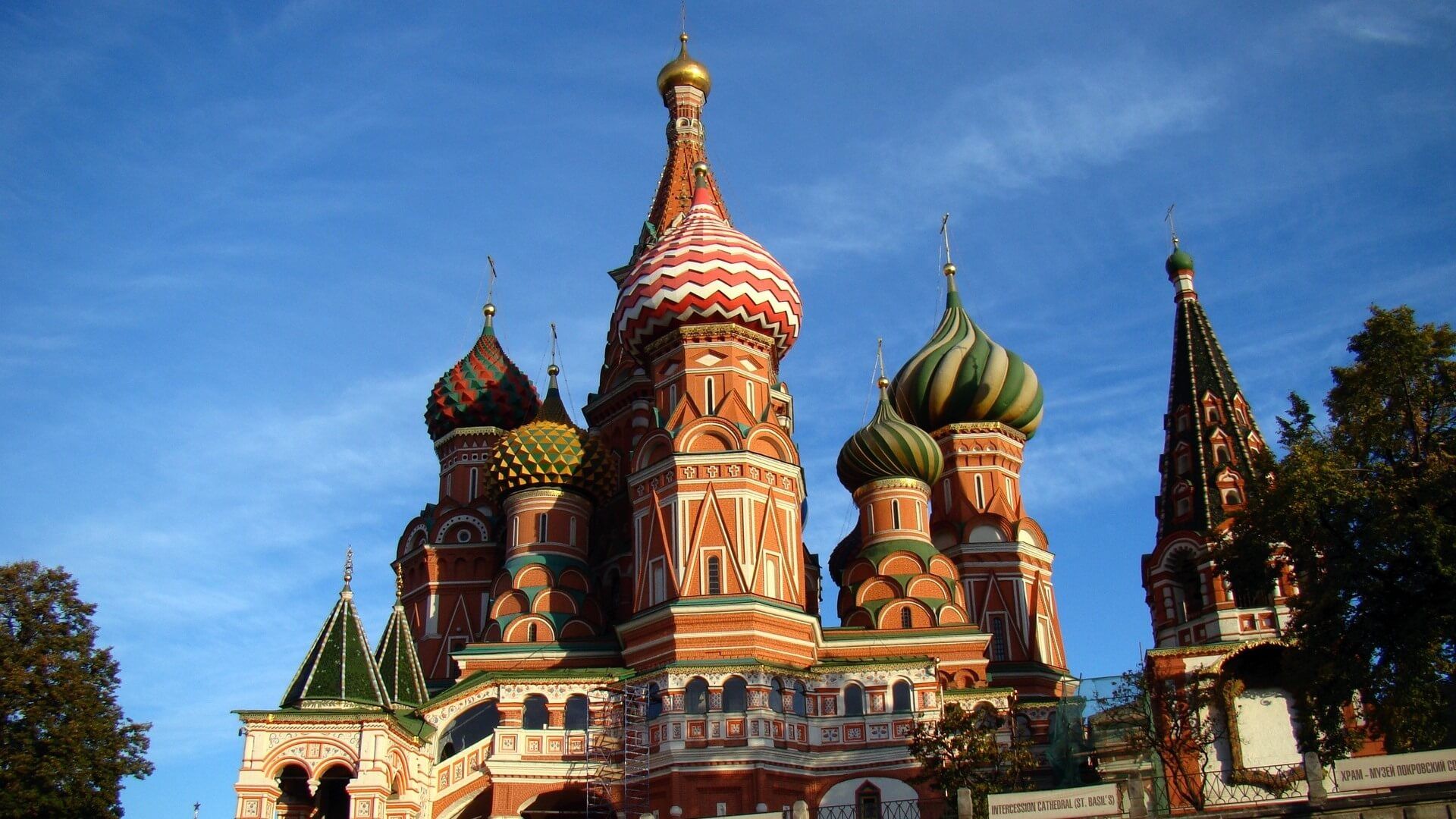
Viktor and «Moscow Games». When SPORT means youth, student and international.
Do you wonder how a young Russian journalist and sports-lover can conciliate his work with his passion? Have you ever heard of «Moscow Games»? Here’s what Viktor shared with us about his life, his work and his country.
(original text of the interview in Russian – translation into English by the author)
Hello Viktor, would you like to introduce yourself to our readers?
I’m Viktor Kravchenko and I’m 22. I was born in Petropavlovsk-Kamchatsky, in the Far East of Russia. Of course it’s a beautiful place, where nature is majestic – there are geysers, volcanoes, snow, sturgeons (fish from which we get caviar – translator’s note) and brown bears.
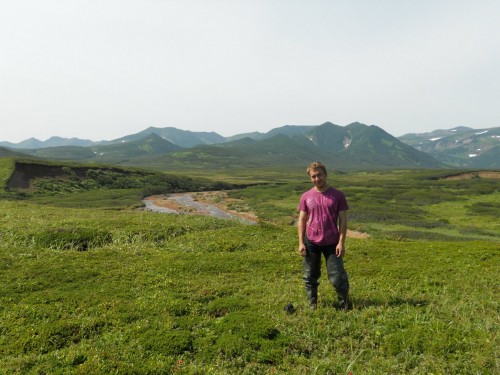
When I was 16 I decided to carry out a pretty interesting experiment – I left my home and moved to Belgorod (Western Russia, not far from Ukrainian’s border- translator’s note) where I got into the Faculty of Journalism of Belgorod State University. I finished my studies in 2013 and now I’ve been living for more than a year in Moscow.
Every city I’ve lived in has its own beauty. I don’t like those people who move to a big city and suddenly stop loving their hometown. Both in Petropavlovsk-Kamchatsky and in Belgorod I still have great friends and it’s always a pleasure to go for a visit there. Moscow is completely different though, because it’s a megalopolis. It has an incredible energy, here you start living faster, thinking faster, it’s an avant-gard city. I’m glad I’m living here now.
What’s your life like in Moscow?
I work for the Association of Student and Young Sports. Our goal is giving the possibility to every student in Russia to do some form of sport on a regulary basis and also offering them the chance to study and play in student championships at the same time. I’m not talking about tournaments held within the different universities – what we try to do is something way bigger, for example one of our most successful achievements is the Moscow Student Hockey League, where there are teams from 22 different Moscow universities. Each team has its own logo and during the whole academic year there are matches, which are attended also by spectators and fans. We would like student sports to become more and more popular in Russia, an interest subject for sponsors, state and spectators.
In this association I’m a PR-manager. We might say that I represent it and what we publish.
What is «Moscow Games»?
The first International Student and Youth Sports Festival “Moscow Games 2014” took place in Moscow on the territory of the Olympic complex “Luzhniki” from 2 to 5 of September 2014. The festival received the award as the best sport event of Russia on the Award Ceremony “Sport and Russia” in 2014. The festival gathered together more than 1500 amateur athletes from the universities of different countries: Senegal, Russia, Algeria, Romania, Northern Cyprus, Croatia, Kyrgyzstan, Lebanon and Macedonia.
This year we are planning the second Moscow Games, “Moscow Games 2015” (official website), and the students will have the chance to play in the exclusive context of 1980 Olympic Games. Also, this year we are supported by the patronage of the European University Sports Association (EUSA) and more countries are joining the competition – Great Britain, Belgium, Finland, Croatia, Serbia, Norway, Poland, Lebanon, Senegal, Algeria, Republic of South Africa and others. The categories of the matches are nine, including football, hockey, basketball, volleyball, beach volleyball, rugby-7, beach football, table tennis and cheerleading.
It’s a cool event, where you can meet new friends, and we’d be happy if people from Italy joined us too.
What do you do for the organisation of «Moscow Games»?
I take care of the social media of the event – in other words, I do everything I can in order to let always more people know about the event. I take agreements with our media and business partners. It feels great when your message gets viral and the most important sports media of the country write about the event! I also like talking to professional sportsmen, who support the festival – famous Russian athletes are our testimonials.
Our goal is to make the whole world know about the event, so that university teams from many different countries would join the games. Moscow Games would become an amazing sports party – that’s what we’re working for!
What’s the meaning of this event in the international context?
I think that in such a complicated period for international relationships among Russia and the other countries, this event is definitely important.The fact that students from all over the world can come to Russia and see with their eyes our hospitality and professionality will help destroying the fake myths and legends existing about our country. It’s absolutely great that international students have the possibility to meet in Moscow without any kind of political context. Sport is stranger to politics.
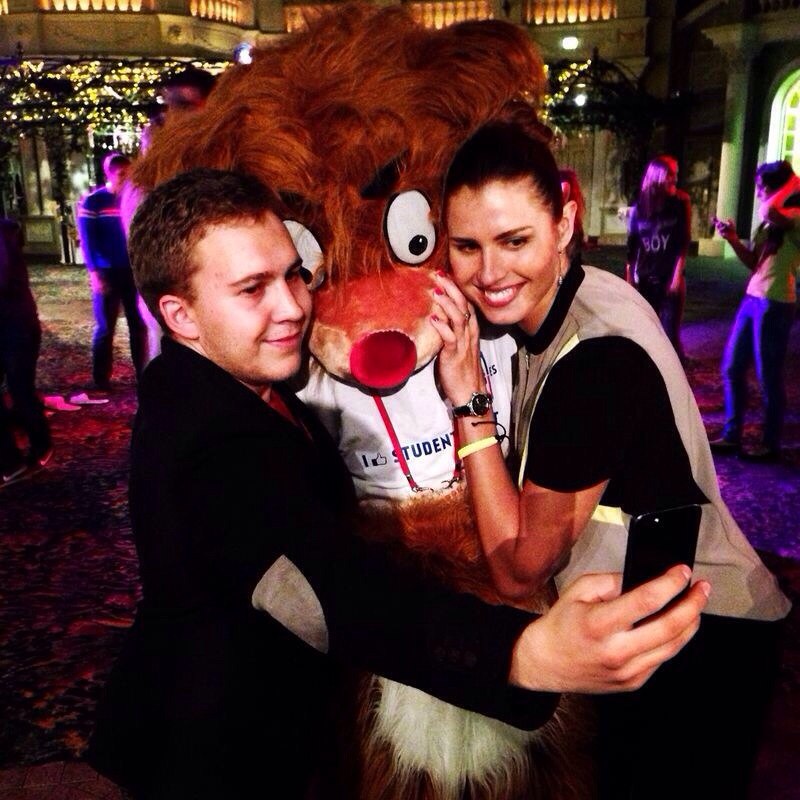
Russian position in the international landscape is not easy right now. Do you think that such an internation event as Moscow Games can promote a portrait of Russia as an open and welcoming country?
I definitely think that the political context creates stereotypes about our country. Moscow Games 2015 will gather the most educated, creative and ambitious youth, that’s why I think that the foreign people coming to Moscow for the event will have the best impression of Russia. Sterotypes and myths created by mass culture, television and the web won’t last much longer and people will discover a welcoming and open country.
What does Europe mean to you? Which is your personal attitude towards Europe? Do you feel close to the Old Continent?
I respect Europe. I’m always happy to go to a European country, because each of them is a land of culture, literature, cinema, art and beautiful towns. In Europe there are some cities which are worth to visit at least once in a lifetime. They’re the places where world history was created. Defending and appreciating citizen’s rights, freedom to vote and to express themselves – this is very important. I was in Germany and in Poland, and there I met good and talented people.
I also like how people play football in Italy and Germany and how sports management works in this countries. We have something to learn one from each other, so I don’t think that Europe represents something negative to me whatsoever.
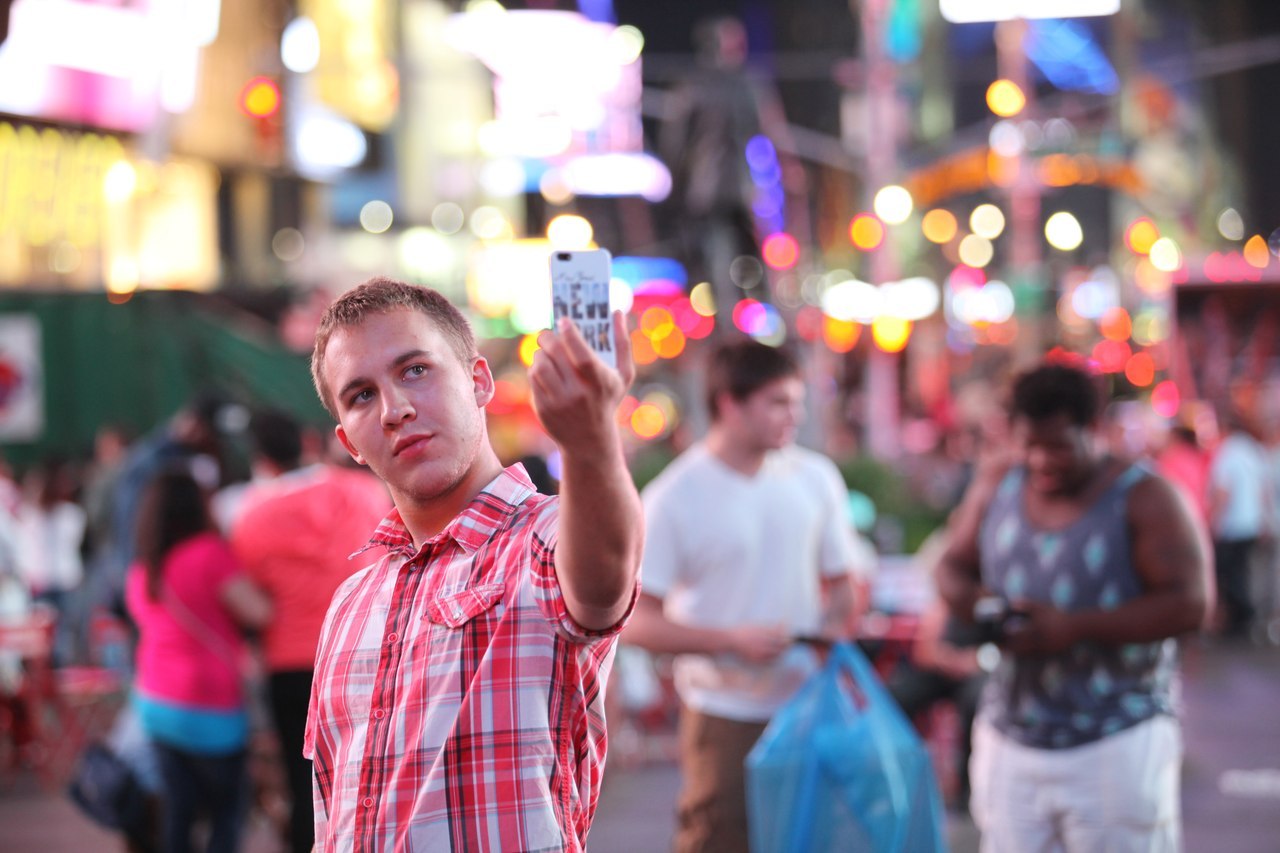
What if you were offered your dream job abroad? What would you do?
First, I’d like to know what my dream job would be. I’d probably agree to work in a marketing position in a European sports club. Or maybe to work with children football teams. This would be an interesting experience, as I like to learn something new and find myself in a different language and cultural context.
If someday I received a proposal, I’d give it a chance.
What’s more important to you? Travelling, getting to know new cultures and being part of an international community – being a citizen of the world – or respecting your roots, paying attention to tradition, defending your motherland, language and culture?
This is a difficult question, which doesn’t have a definite answer. I like travelling and discovering new cultures, and I absolutely think that instead of fighting one against each other, countries should work together in order to fight and defeat poverty, to solve ecological problems, find the cure to diseases and so on. First of all, we are all human beings, no matter which colour our skin is, which language we speak or what we believe in. In Russia we have this beautiful song by Vasya Oblomov, which says that «the important thing is that the person is good».
Defending your own cultural traditions is also important, as it’s our nation’s history and what makes it interesting. It’s important not to forget your language, culture, even the little town you grew up in. That’s patriotism. It’s fundamental not to exaggerate and become a fanatic, thinking that your country is the chosen one and it’s the best. All the people in this world are the same.
belgorod, Europe, EUSA, featured, journalism, kamchatka, luzhniki, moscow, moscow games, petropavlovsk-kamchatsky, PR manager, Russia, sport, students, vasya oblomov
